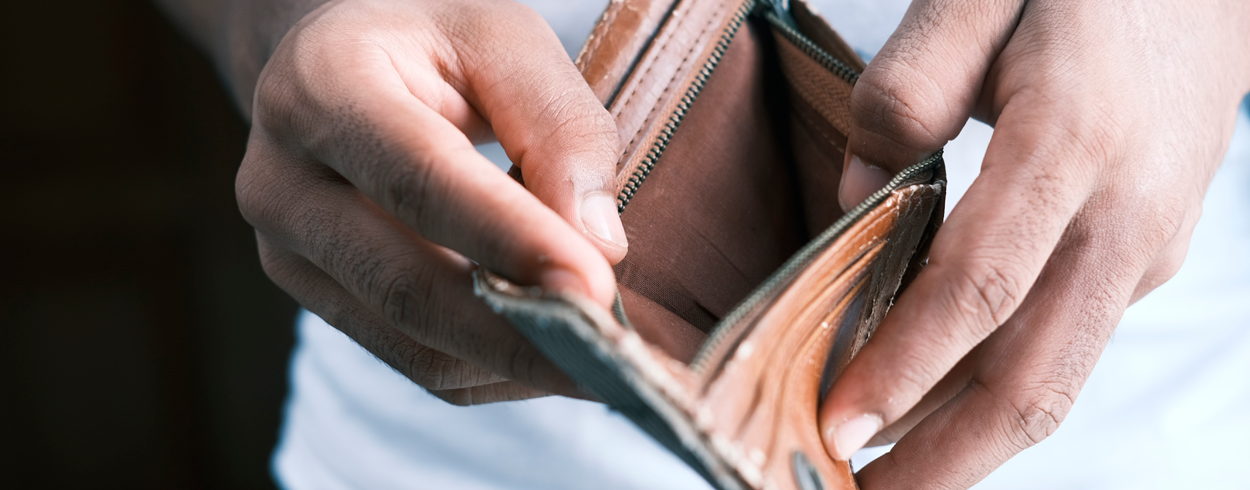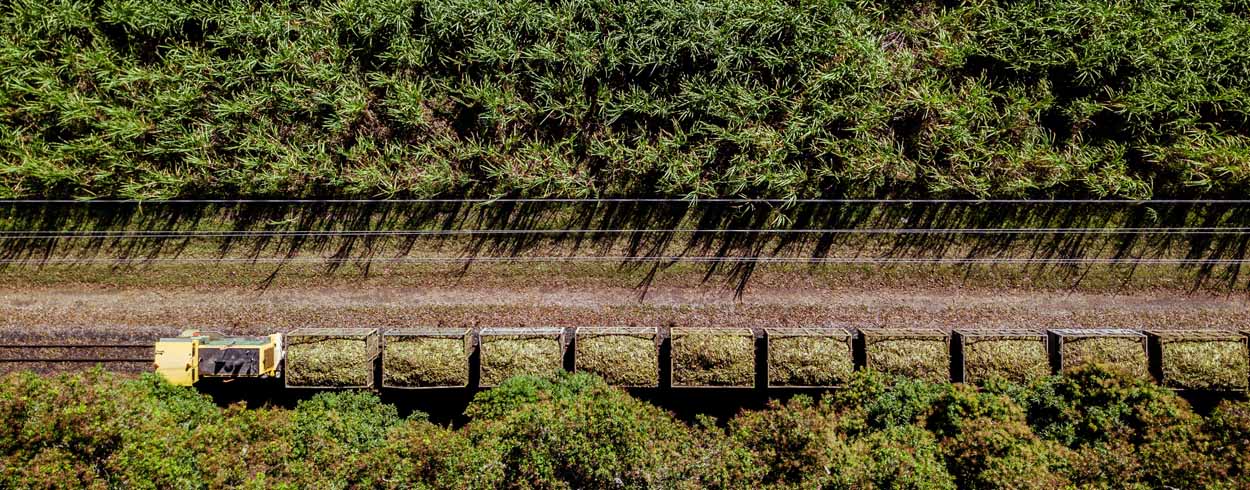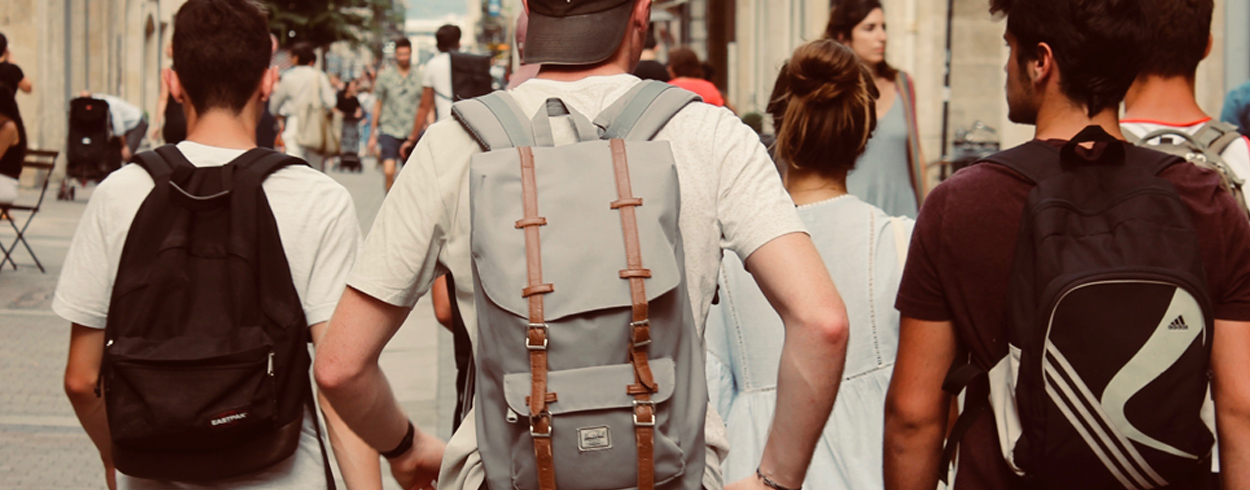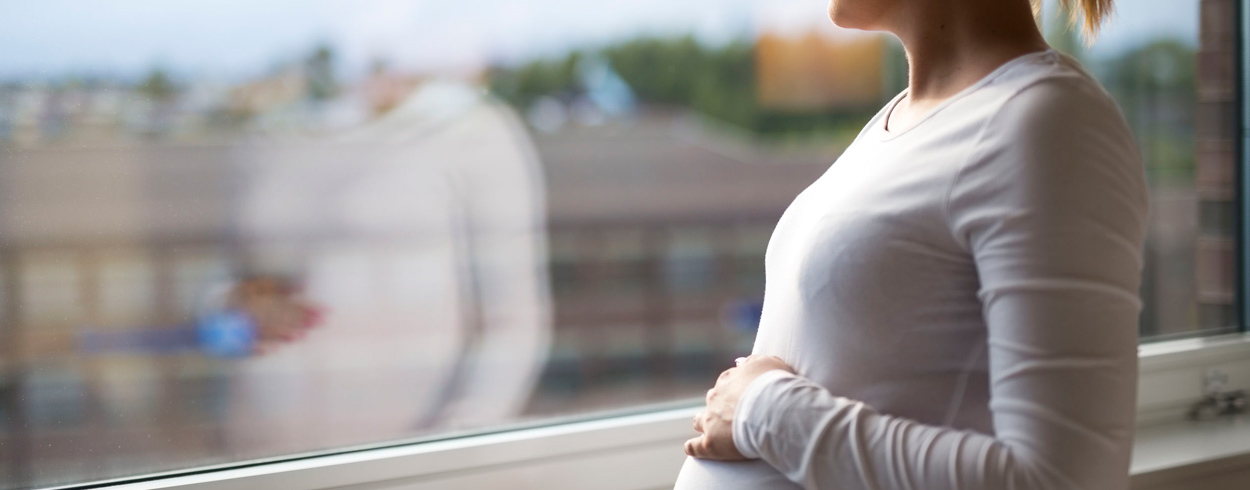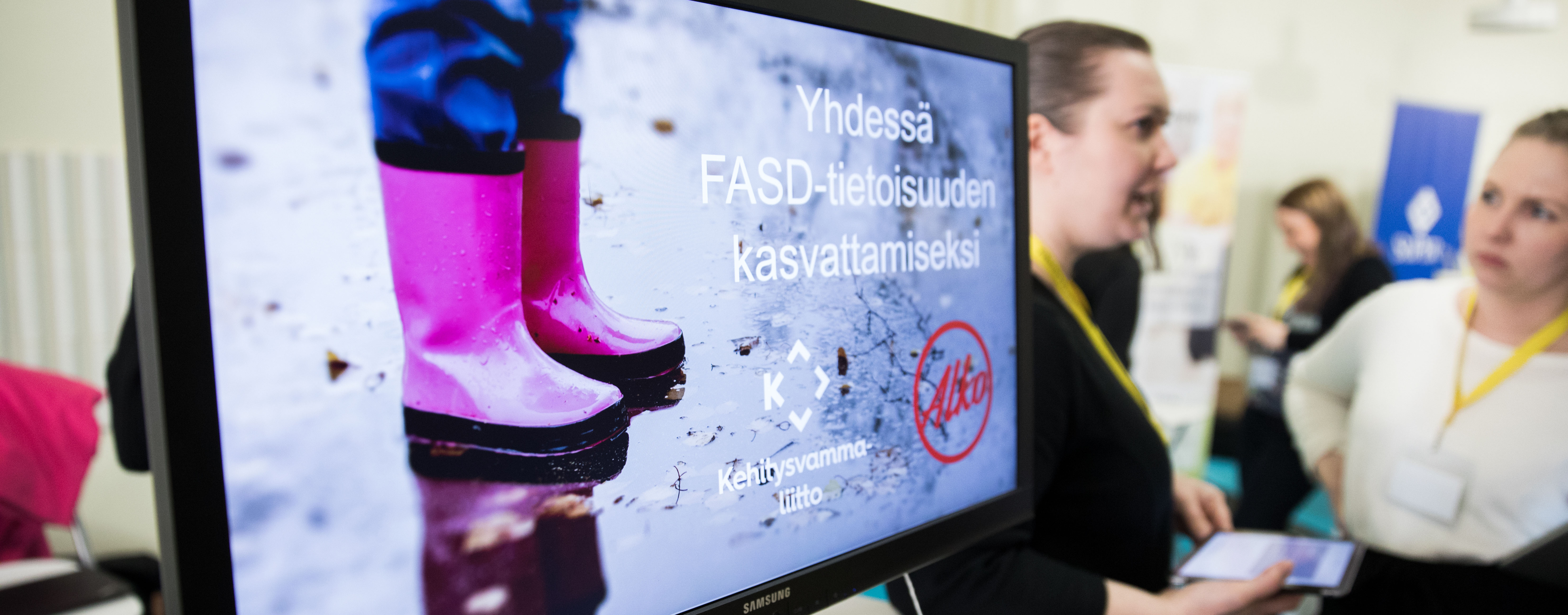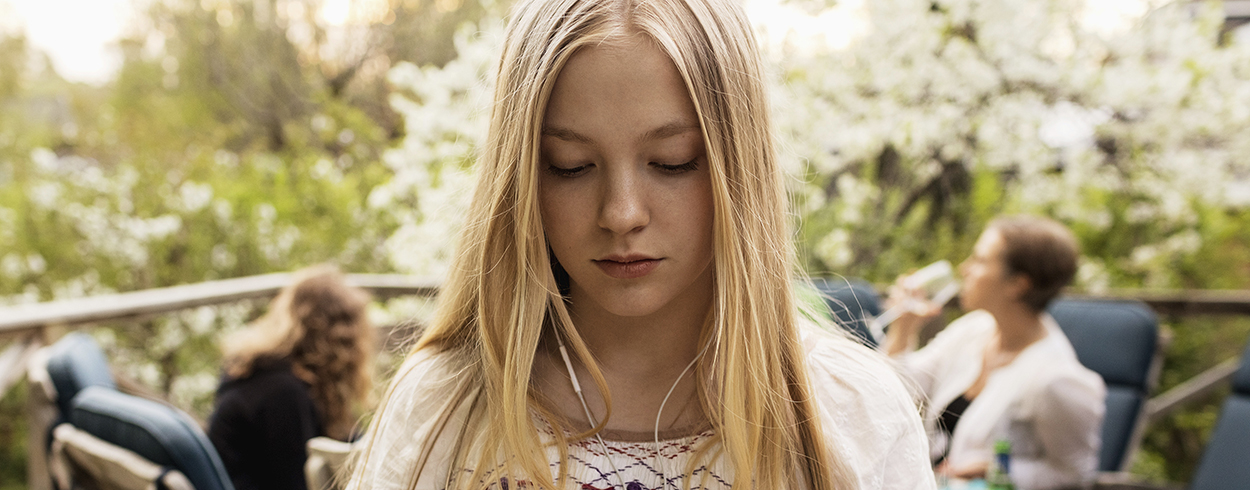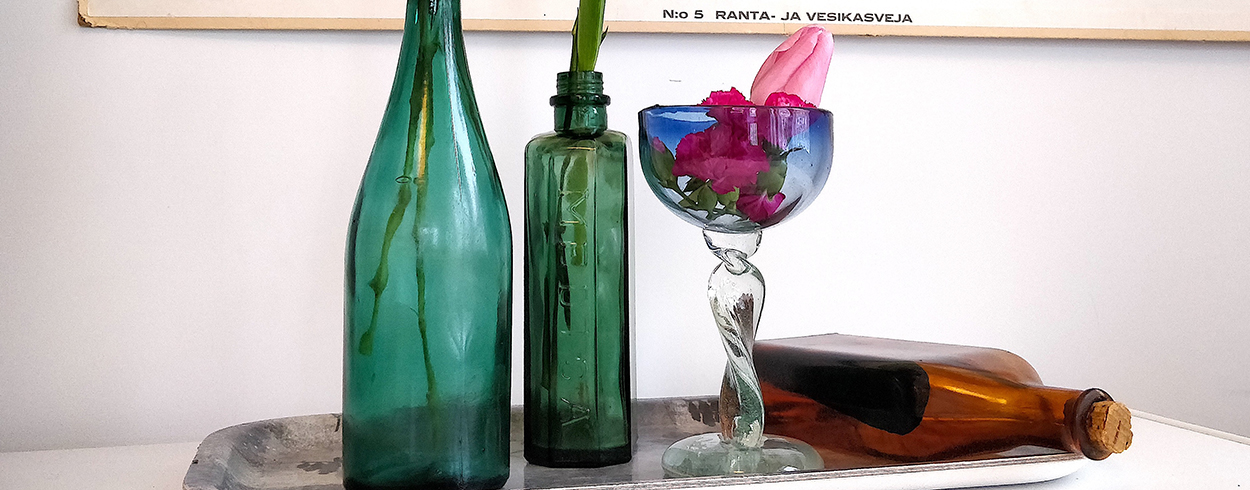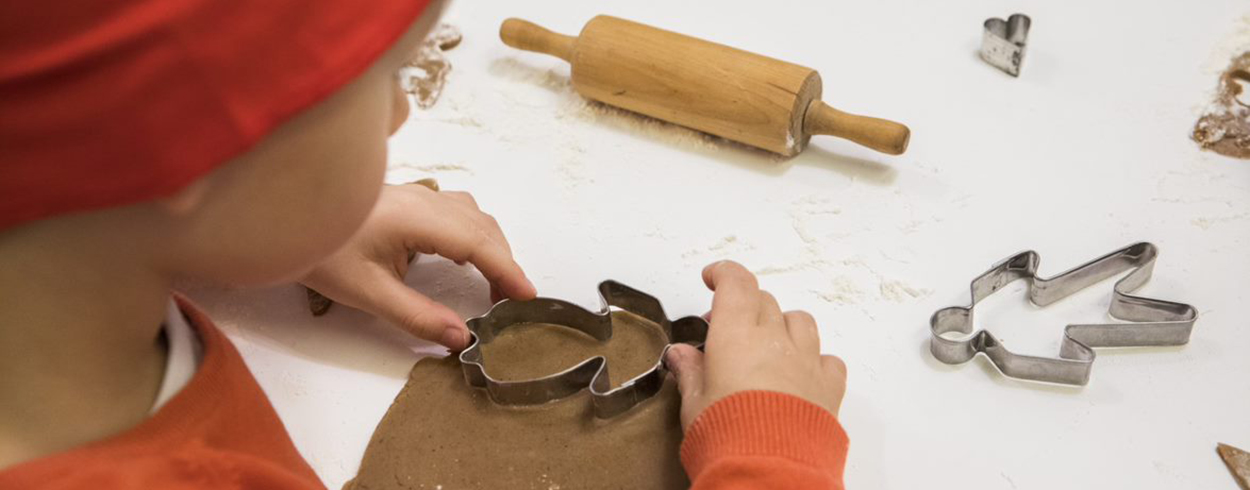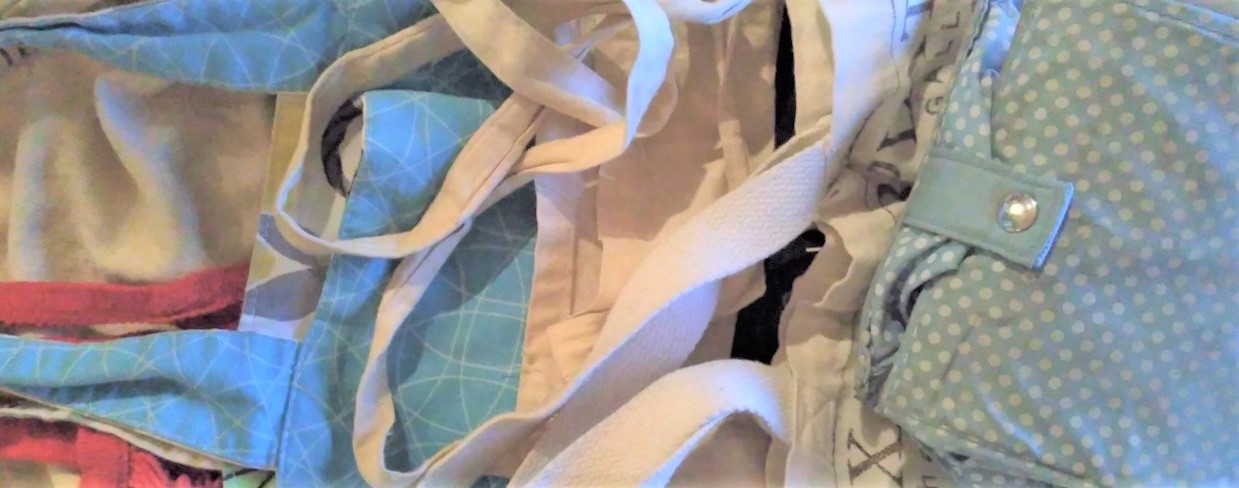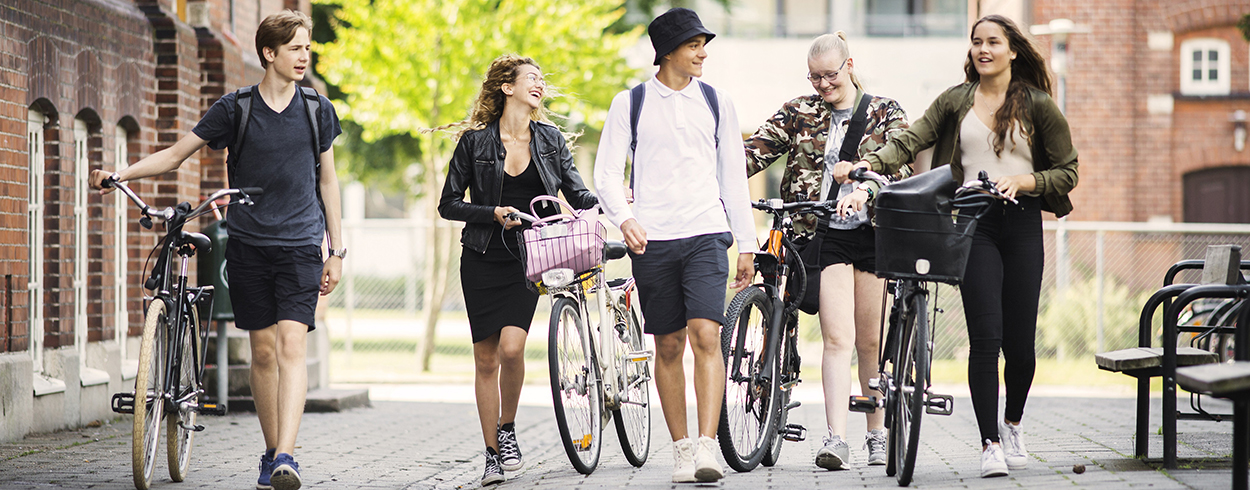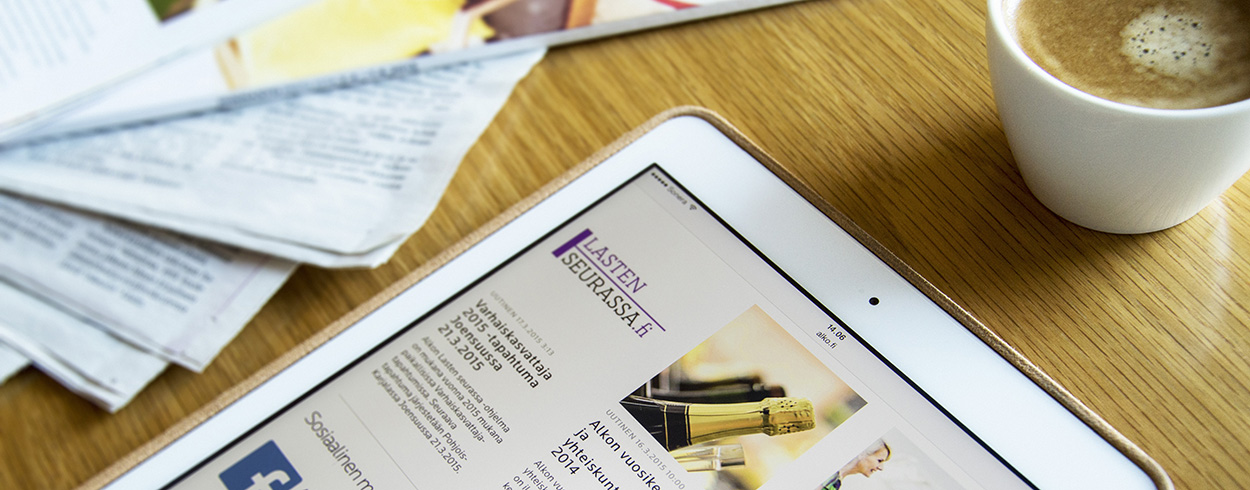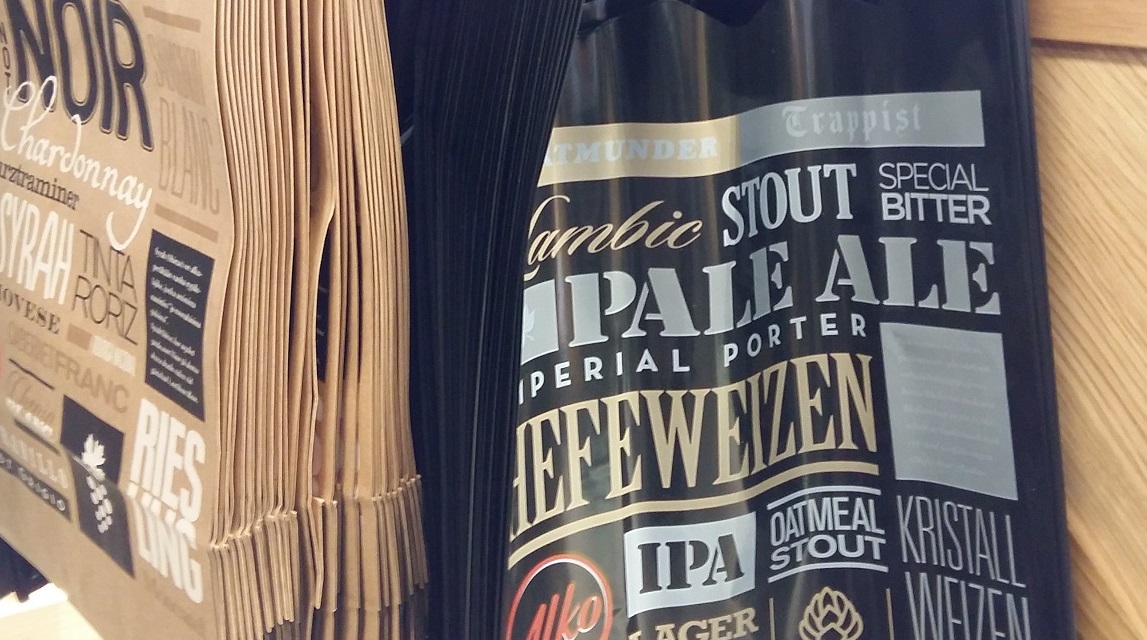
#nofilter: Our friend the Plastic Bag. A good guy or a bad guy?
In the future most plastic bags in any stores will be sold for a price. The reason behind is a change in EU packaging directive, the aim of which is to reduce the use of plastic bags and thus the resulting amount of trash. The objective in Finland is that by 2025, maximum 40 plastic bags would be consumed per person annually instead of the current 55.
Raw materials used in plastic bag production are of both fossil and renewable origin. Even though the environmental impact of a bag made of recycled plastic is smaller, the disintegration of a plastic bag in nature takes a very long time. Additionally, according to the Finnish Ministry of Environment 56% of the Baltic Sea region’s sea trash is plastics. Over time, the plastic gets ground into micro particles that can end up in the food chains of the seas. In the spring we got to read research results from the Finnish Kallavesi lake where a surprising amount of plastic micro particles were found.
On the benefits side the plastic bag is durable and has many uses. It can be used multiple times and, finally, be utilized as the garbage bag – that’s what most of us do.
Is the plastic bag a good guy or a bad guy – and could we get by entirely without it? Join the discussion via our Twitter channel @Alko_Sustain with hashtags #nofilter #Alkochallenge #transparency.
